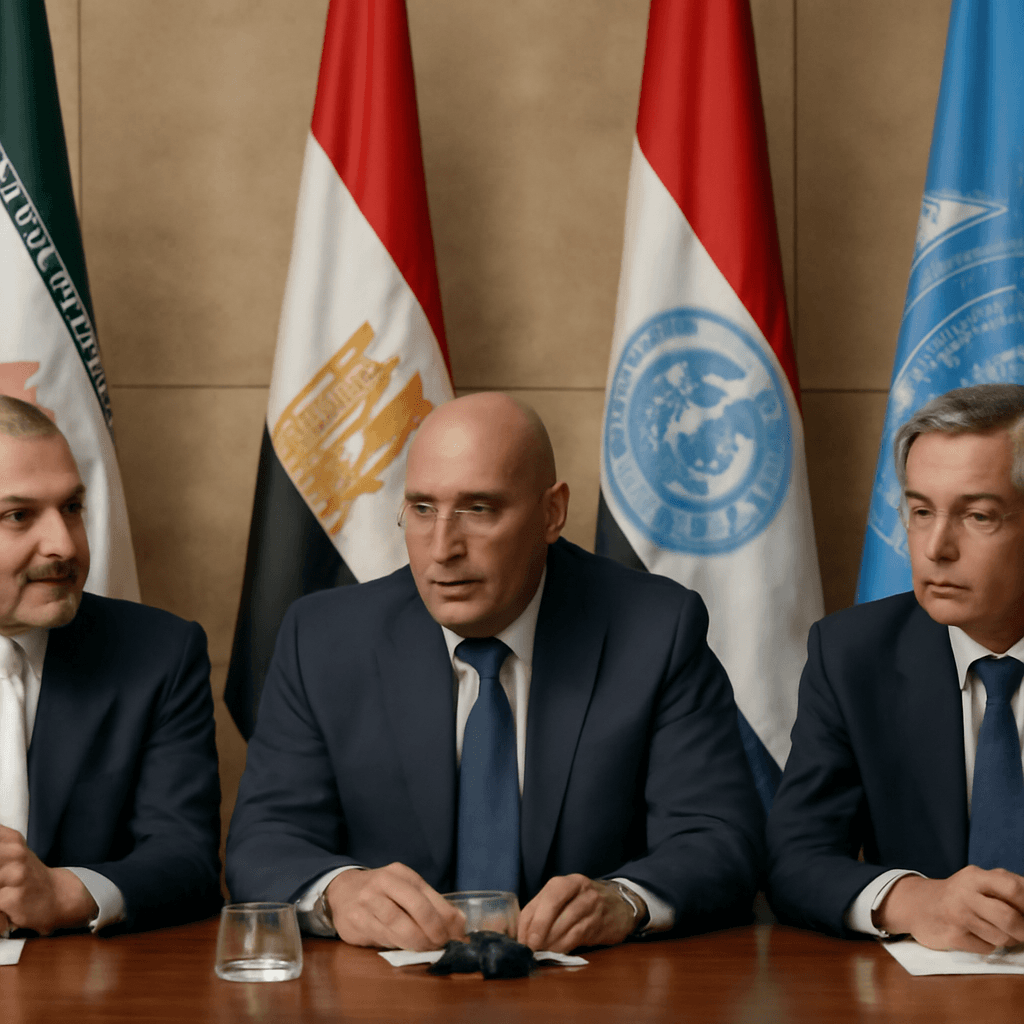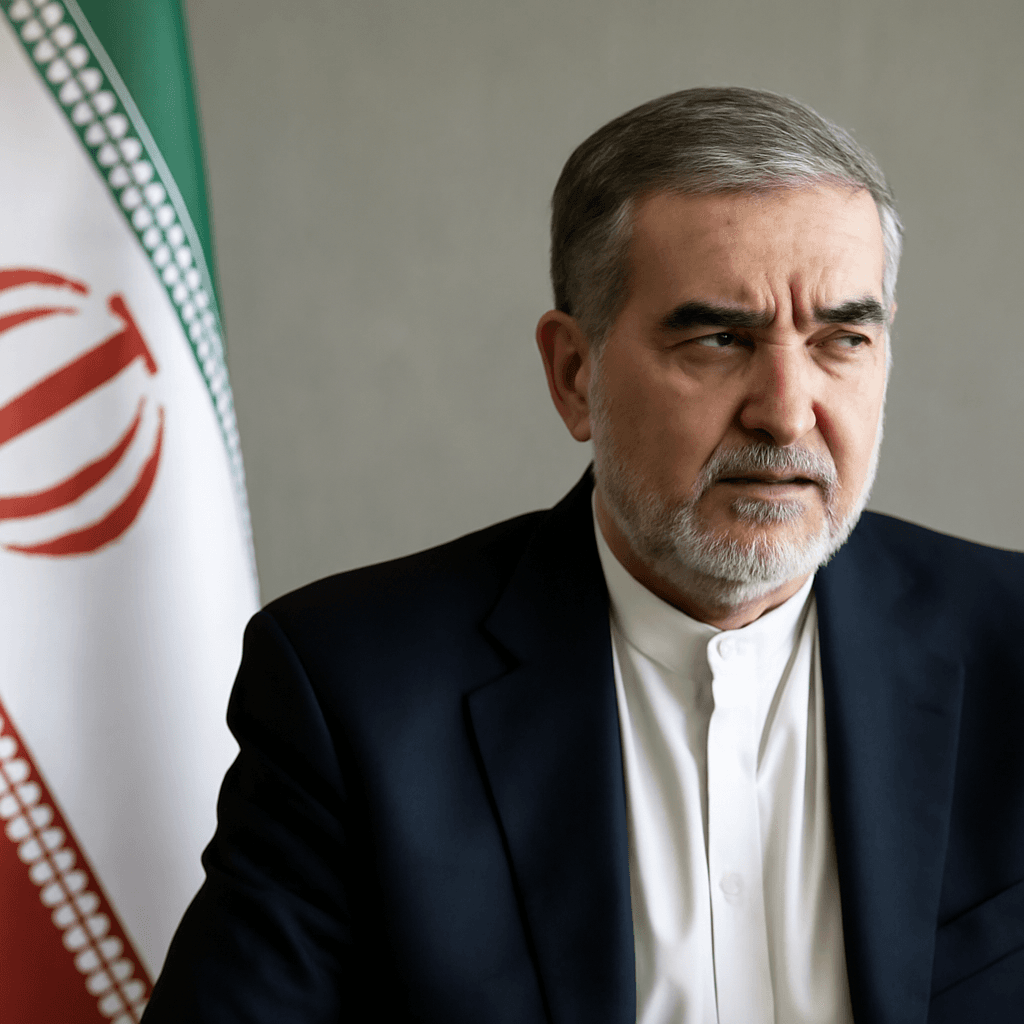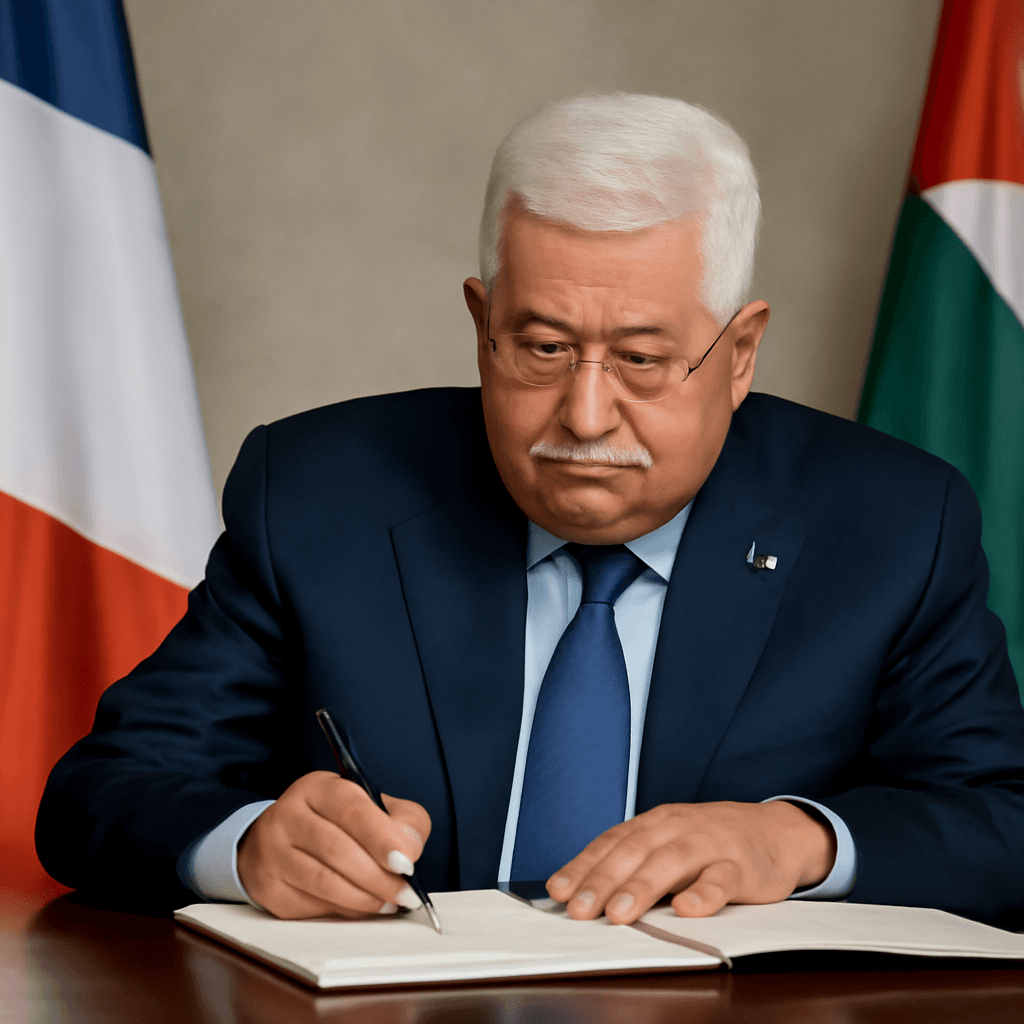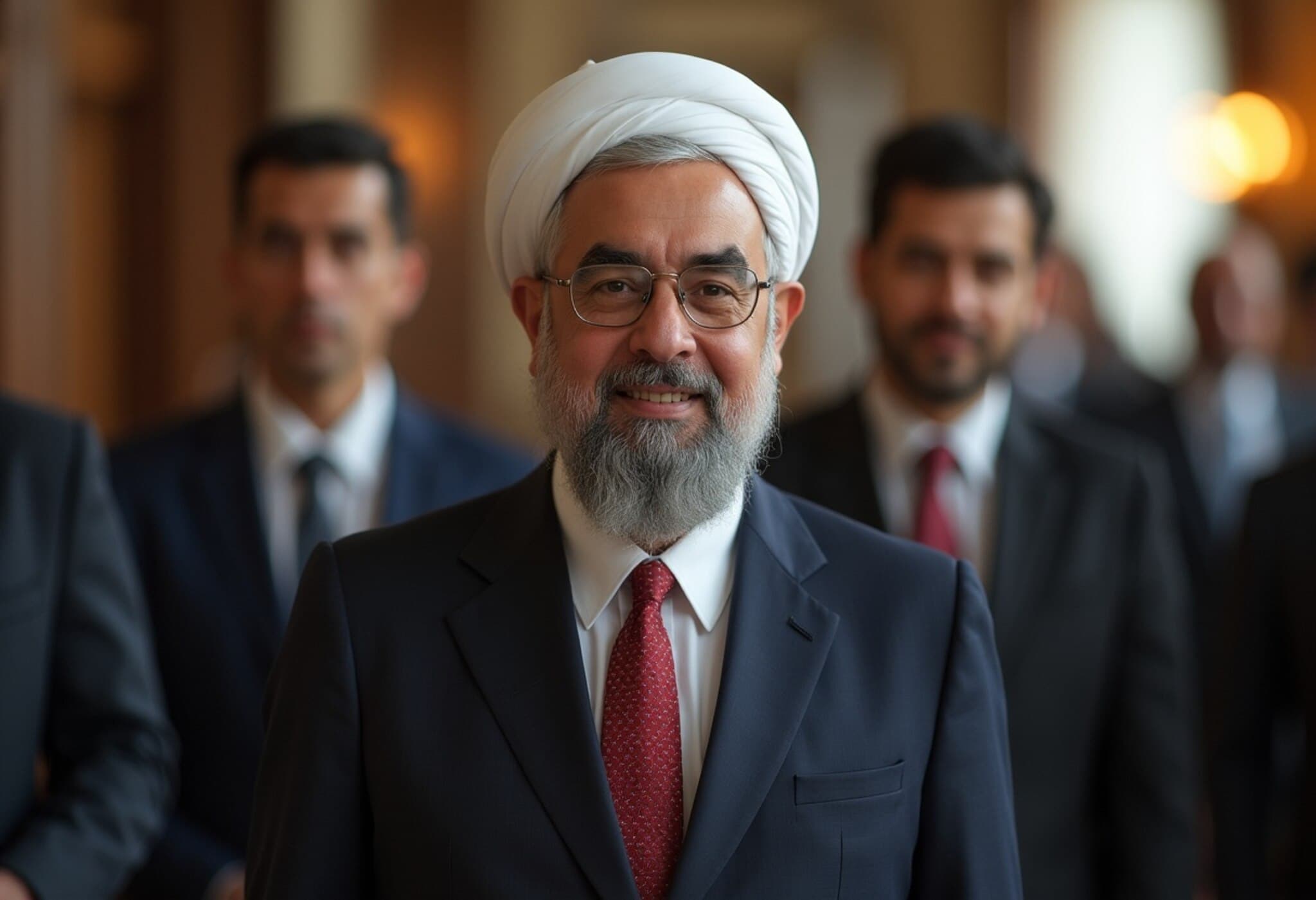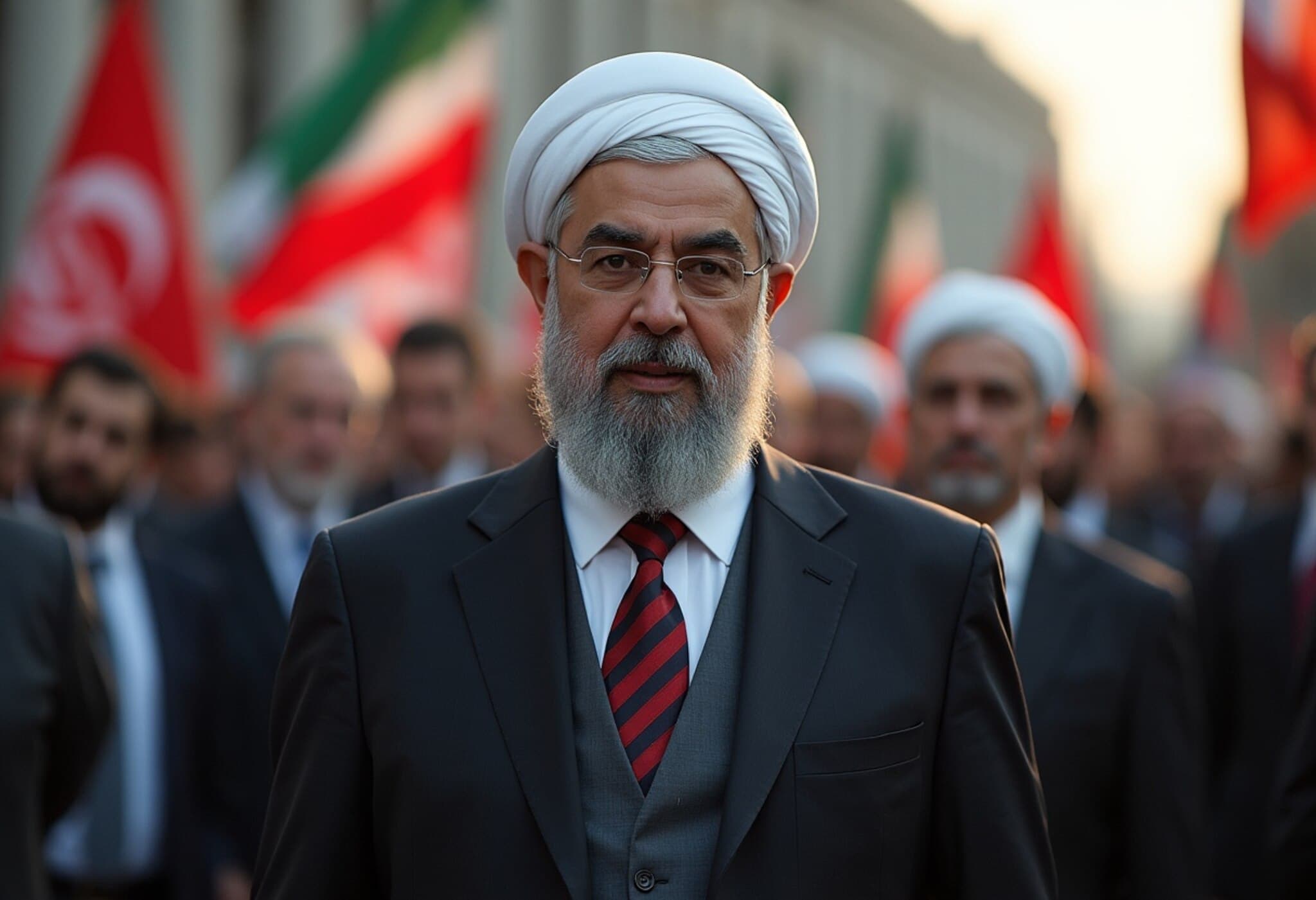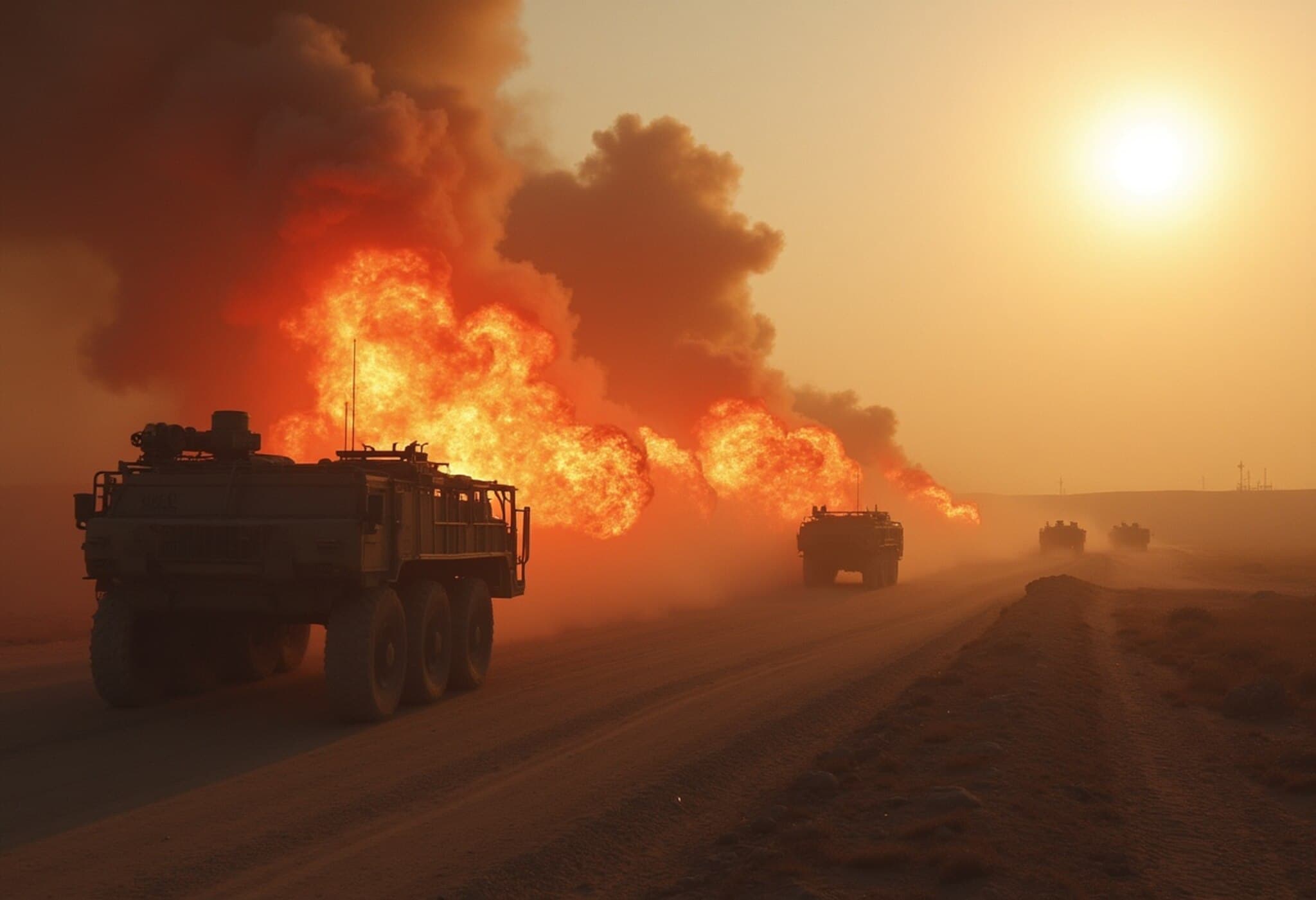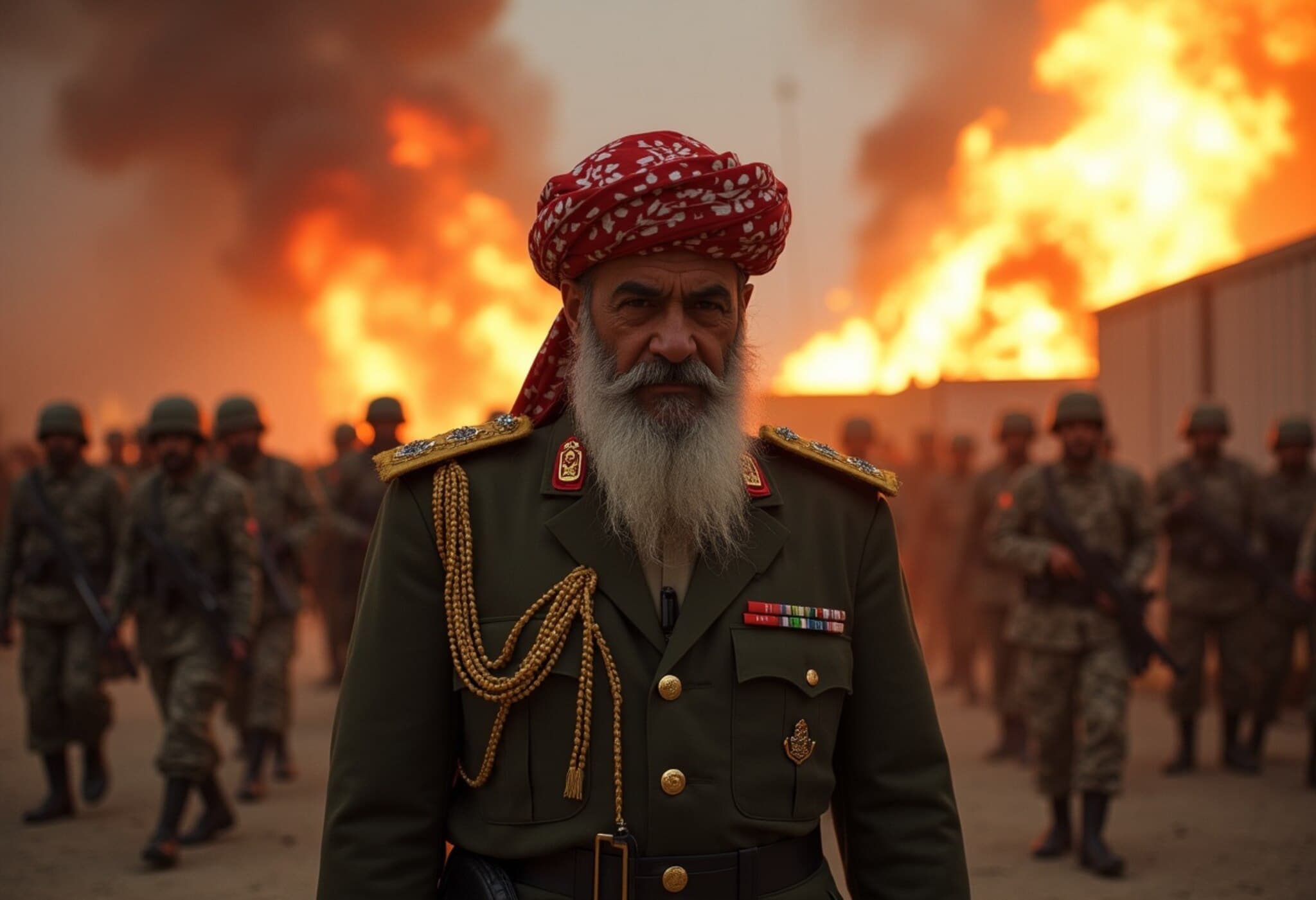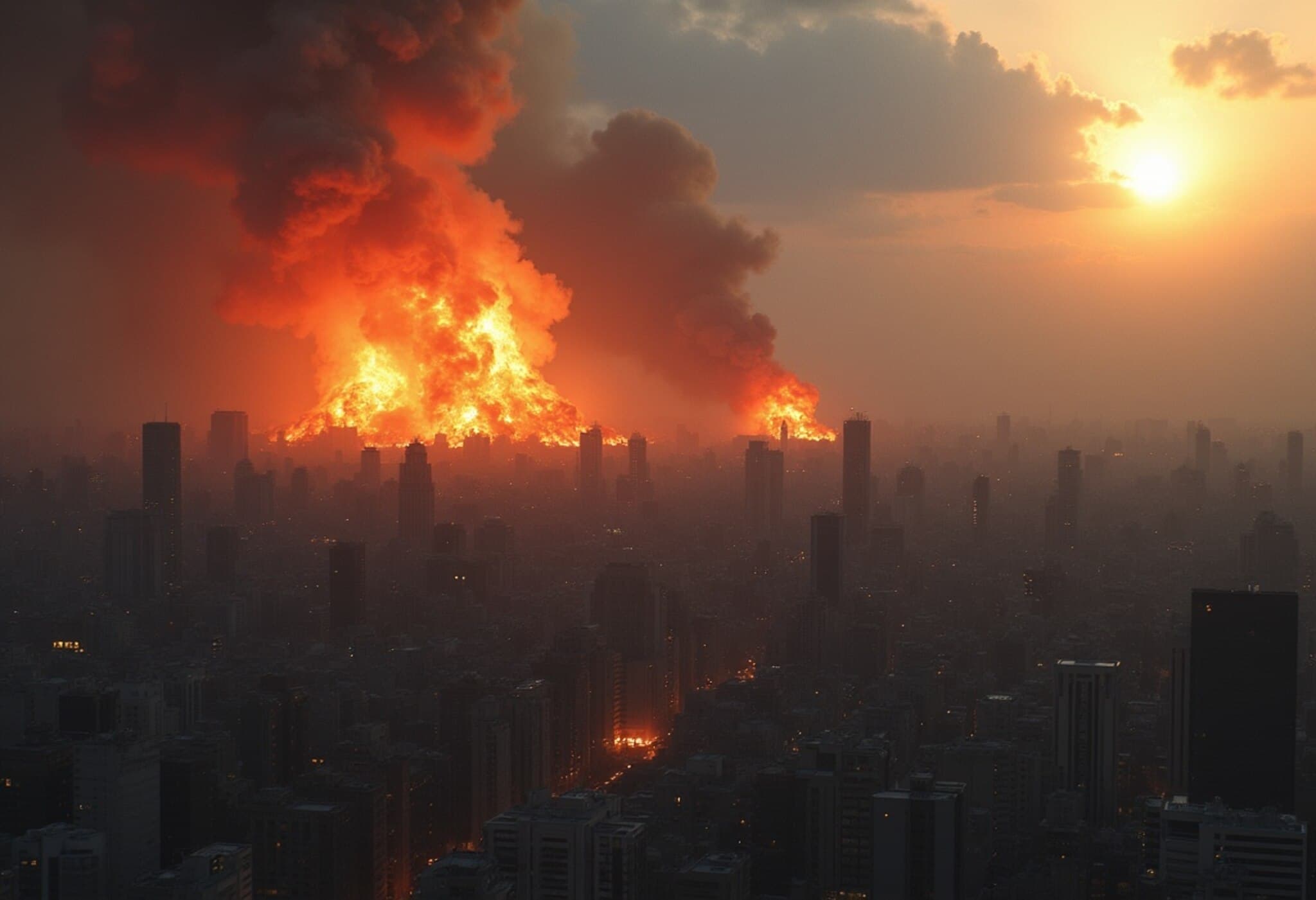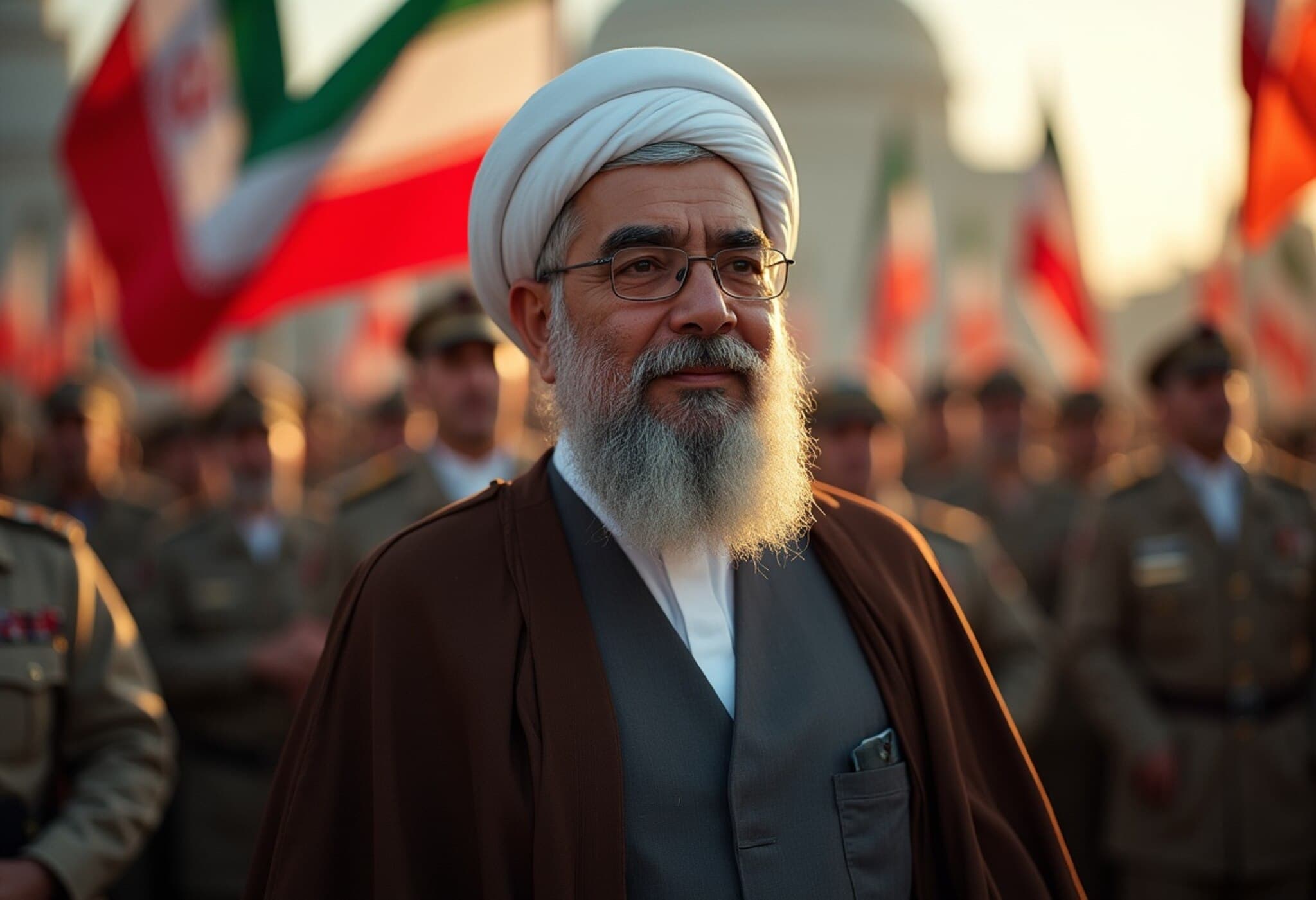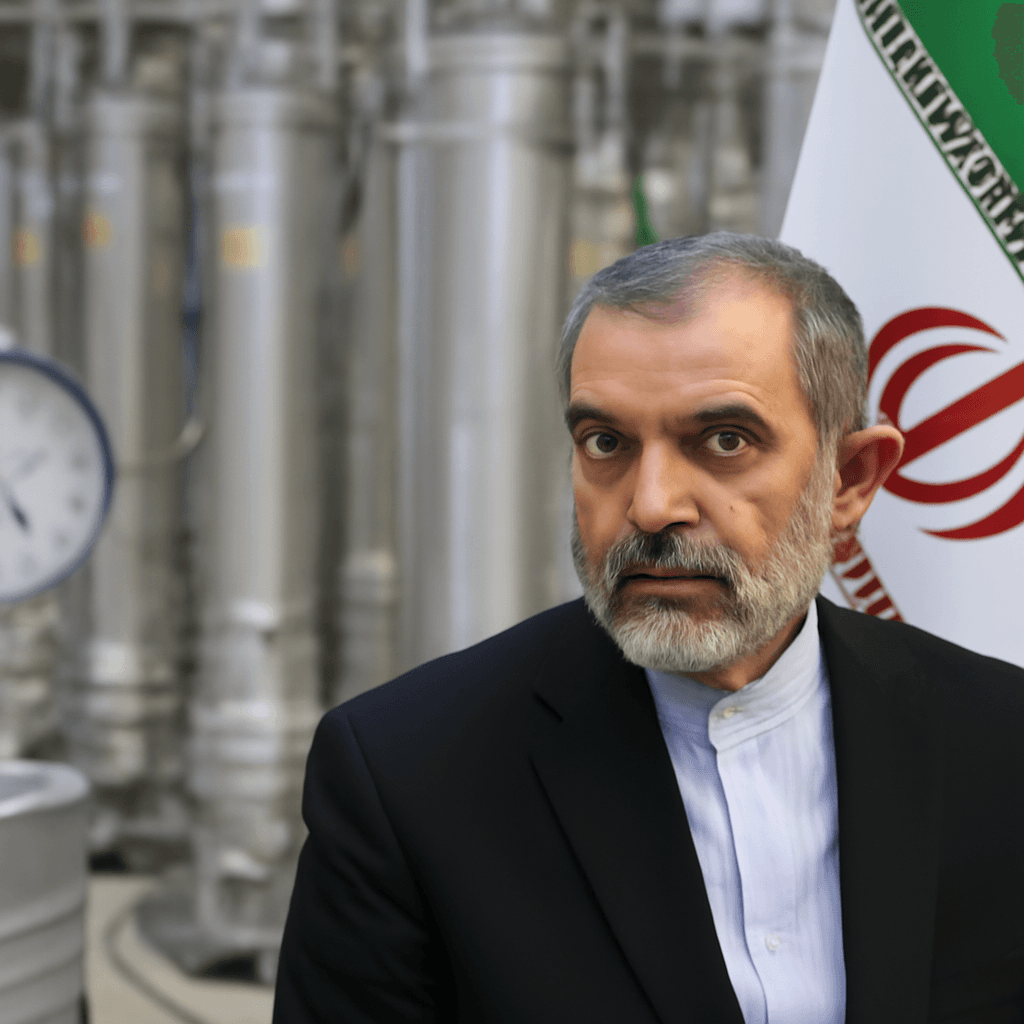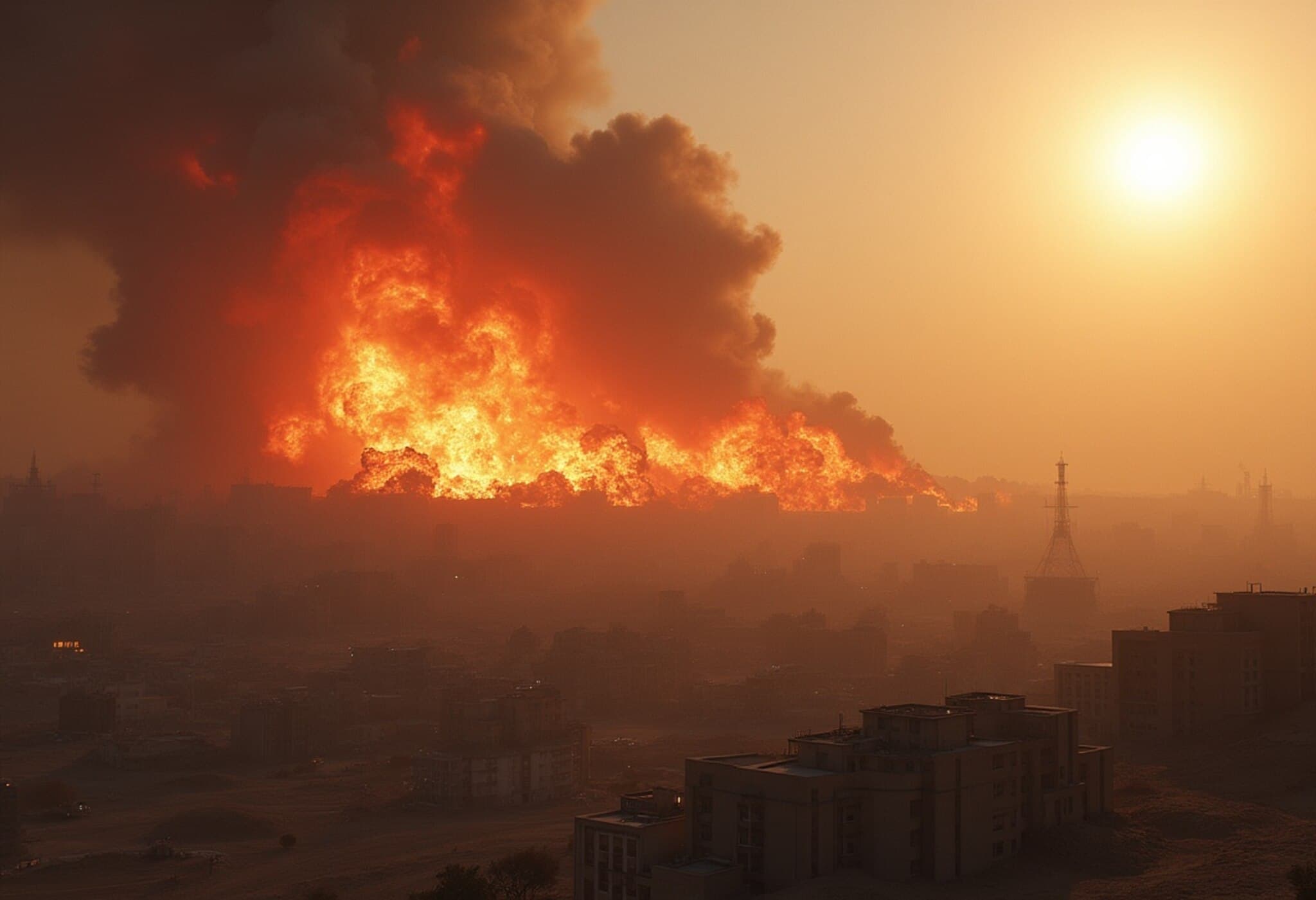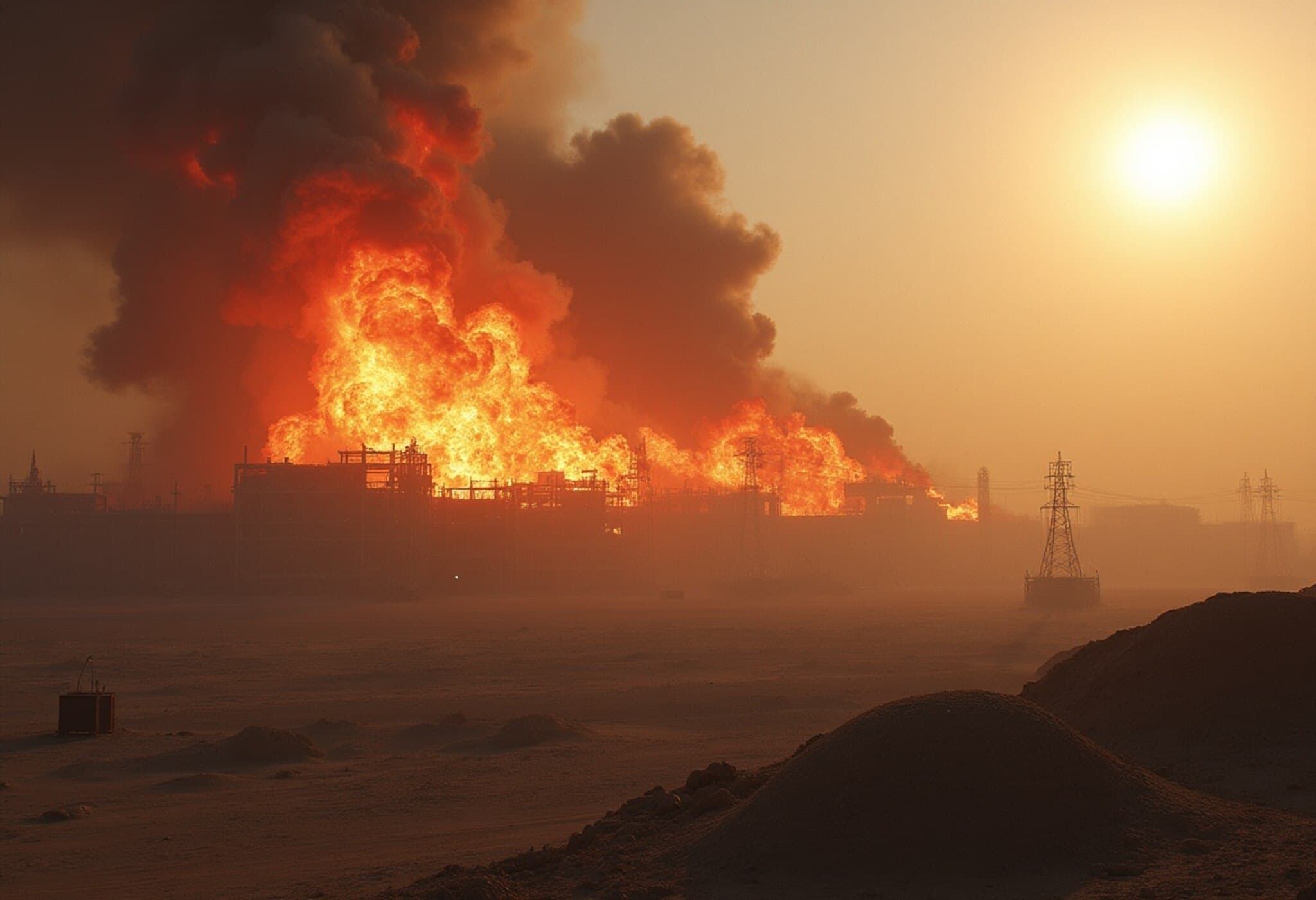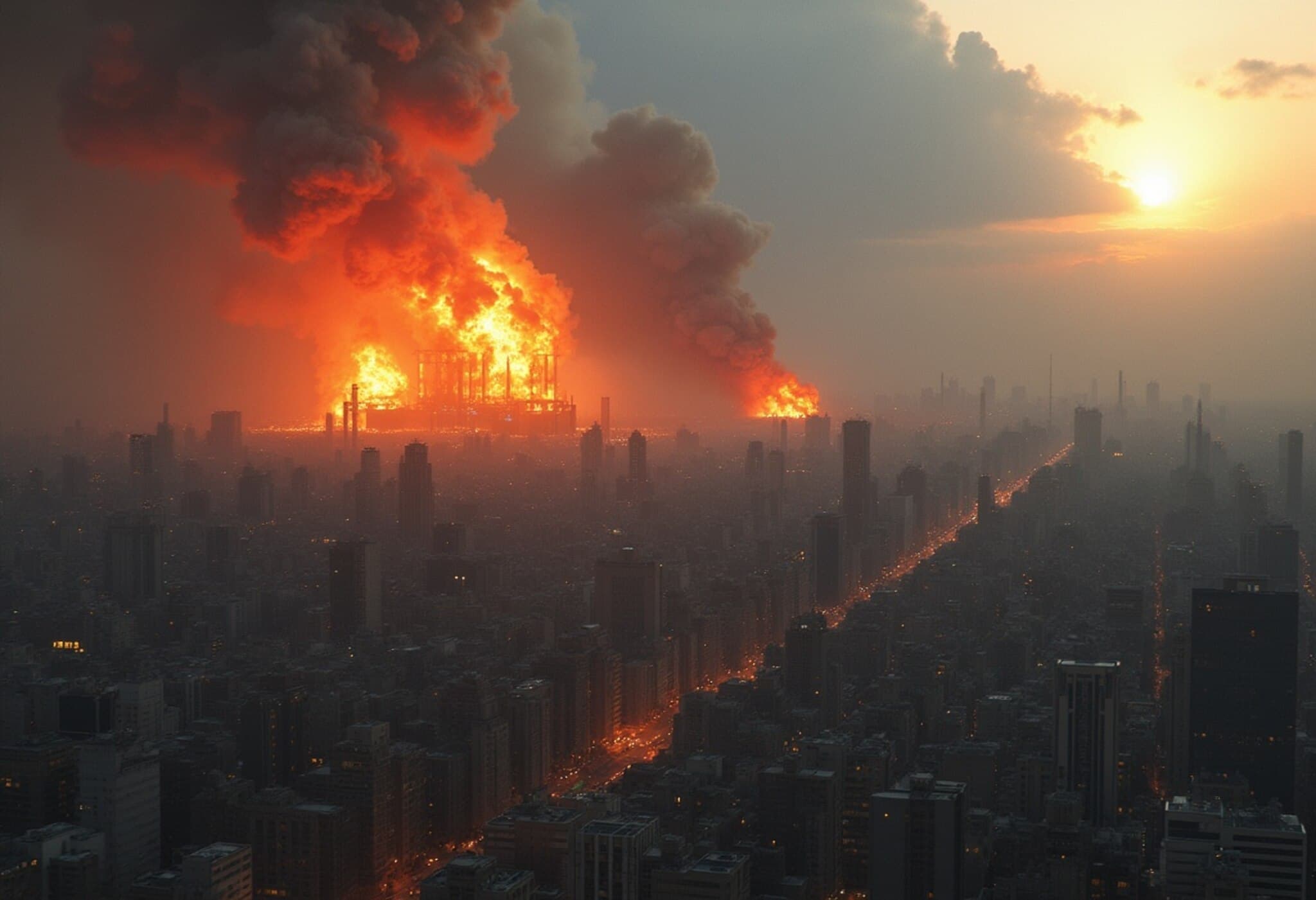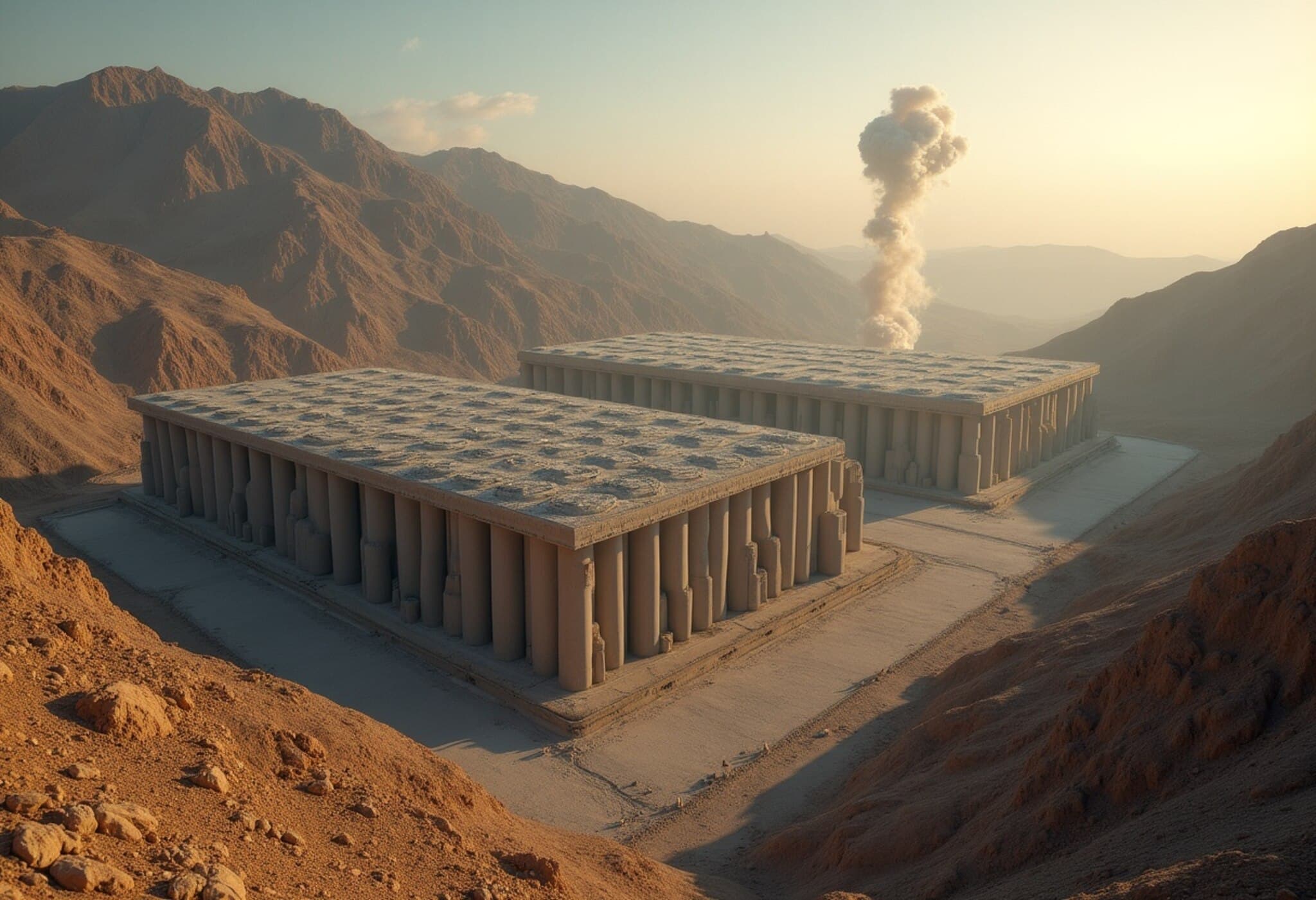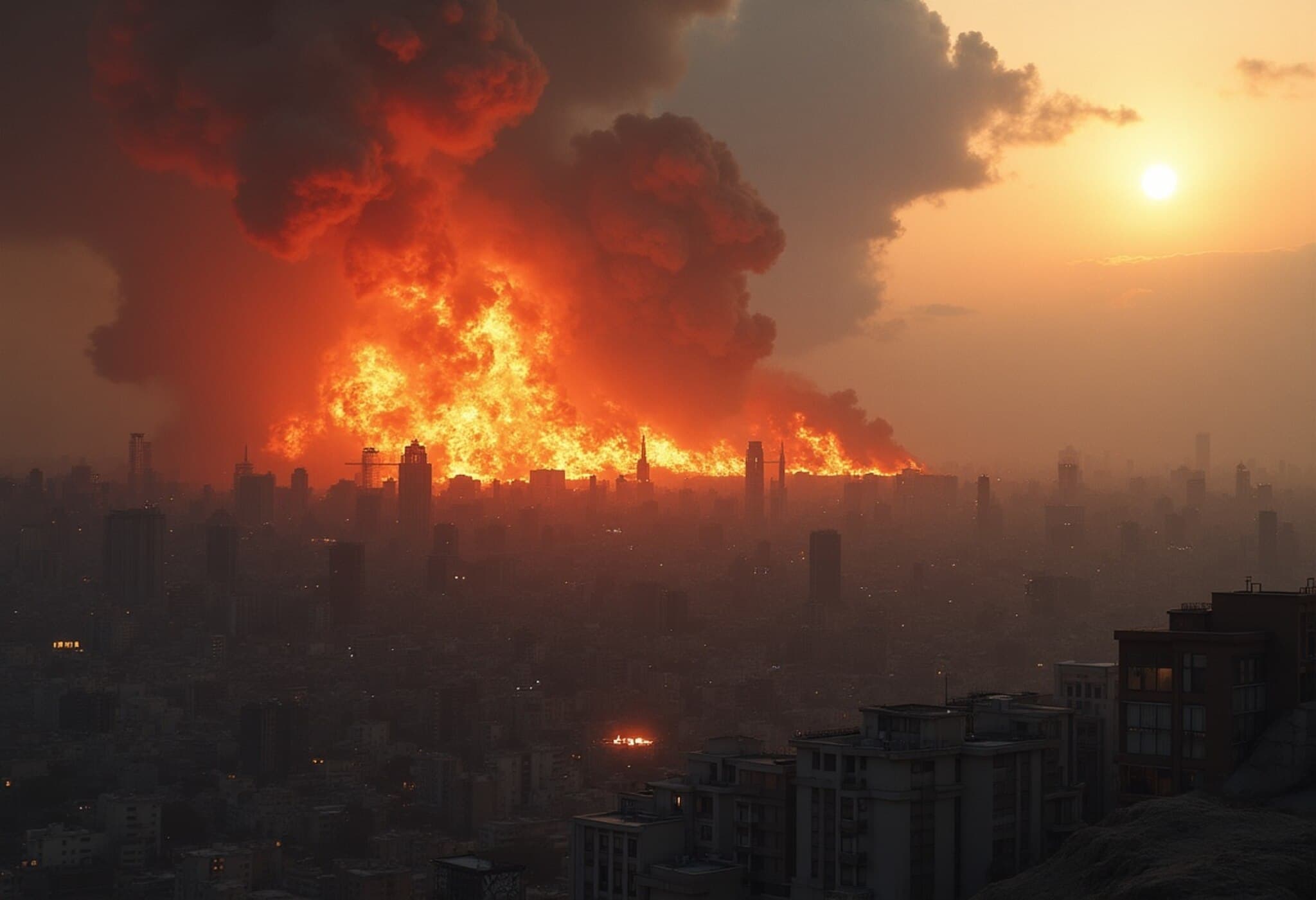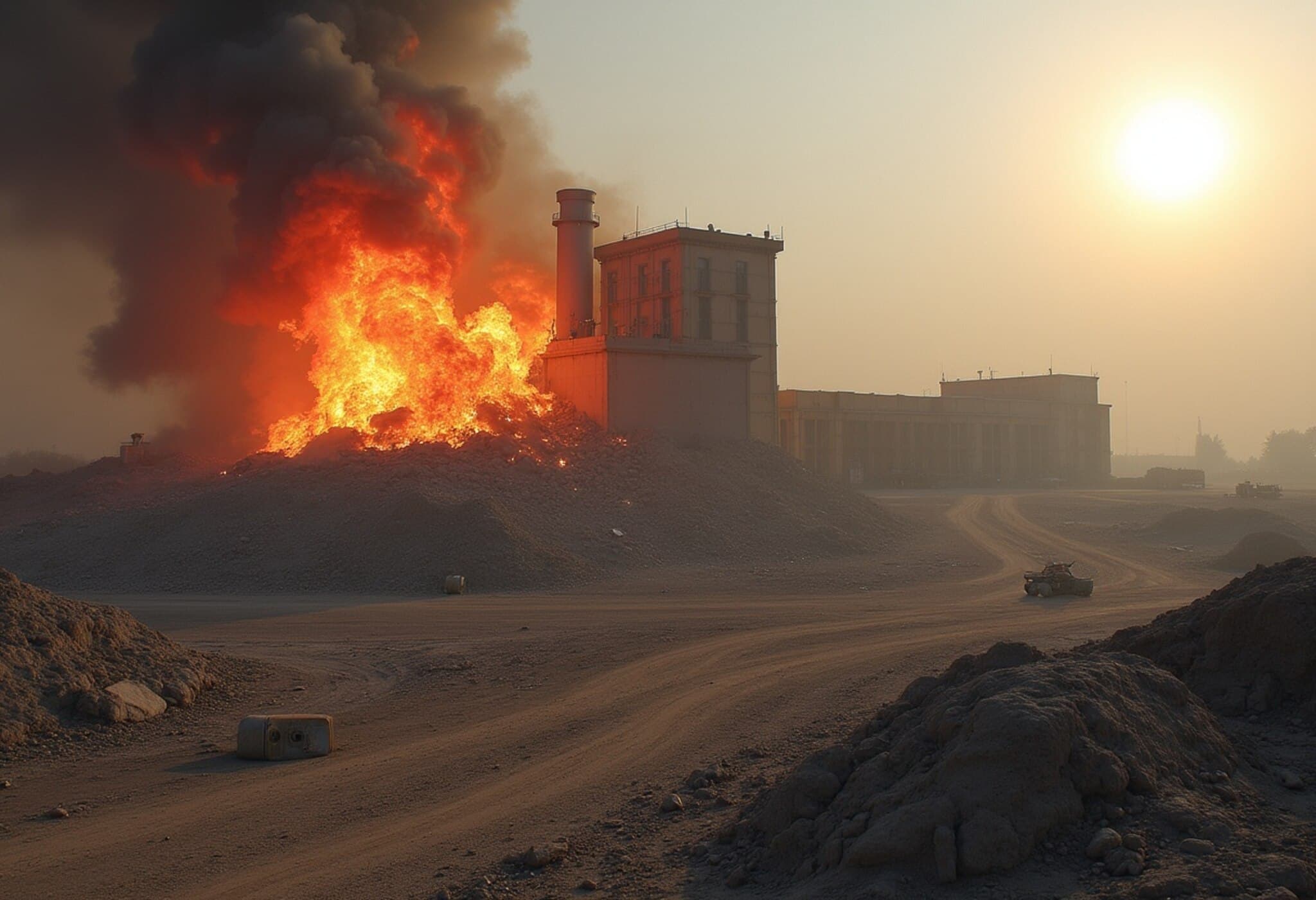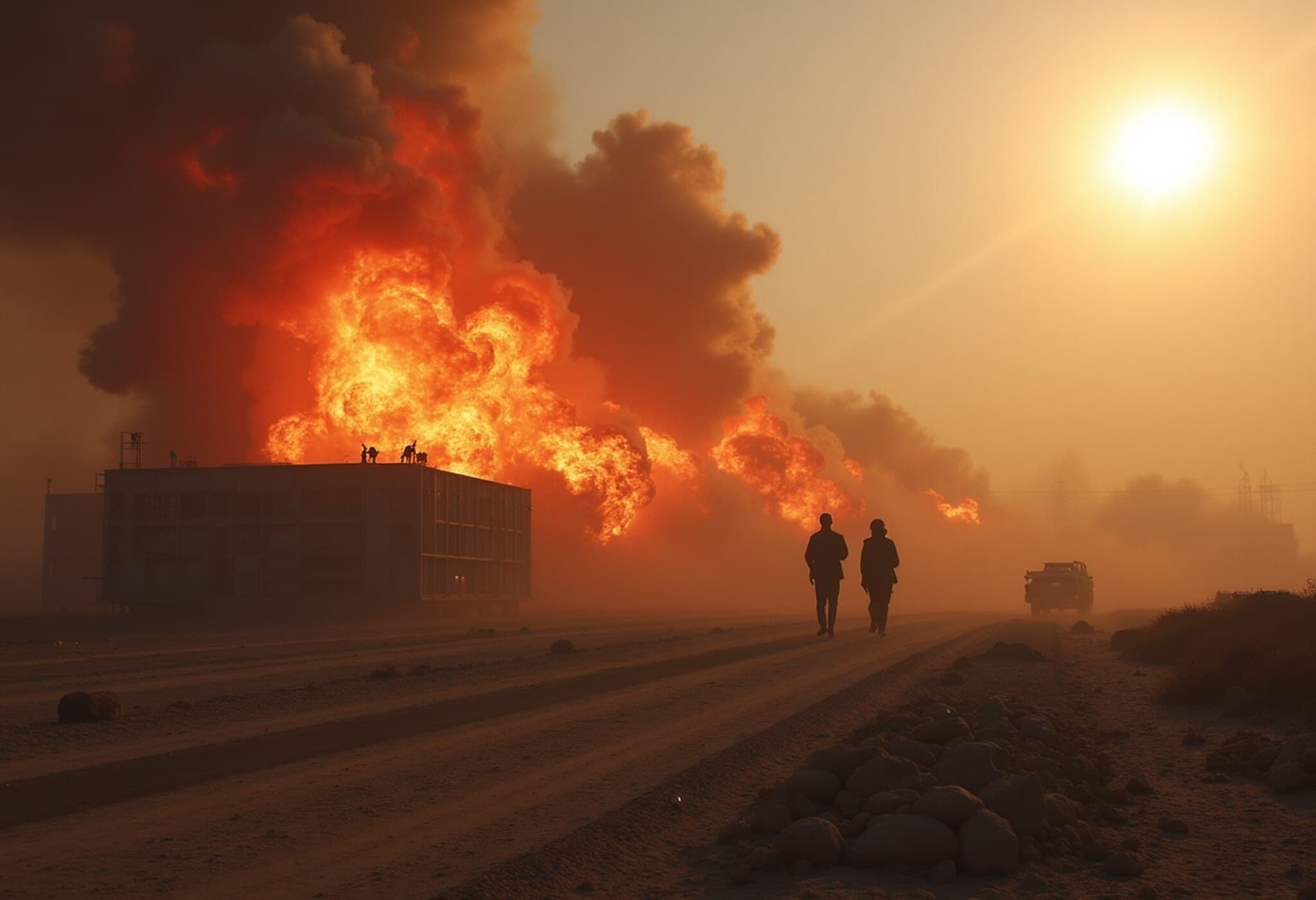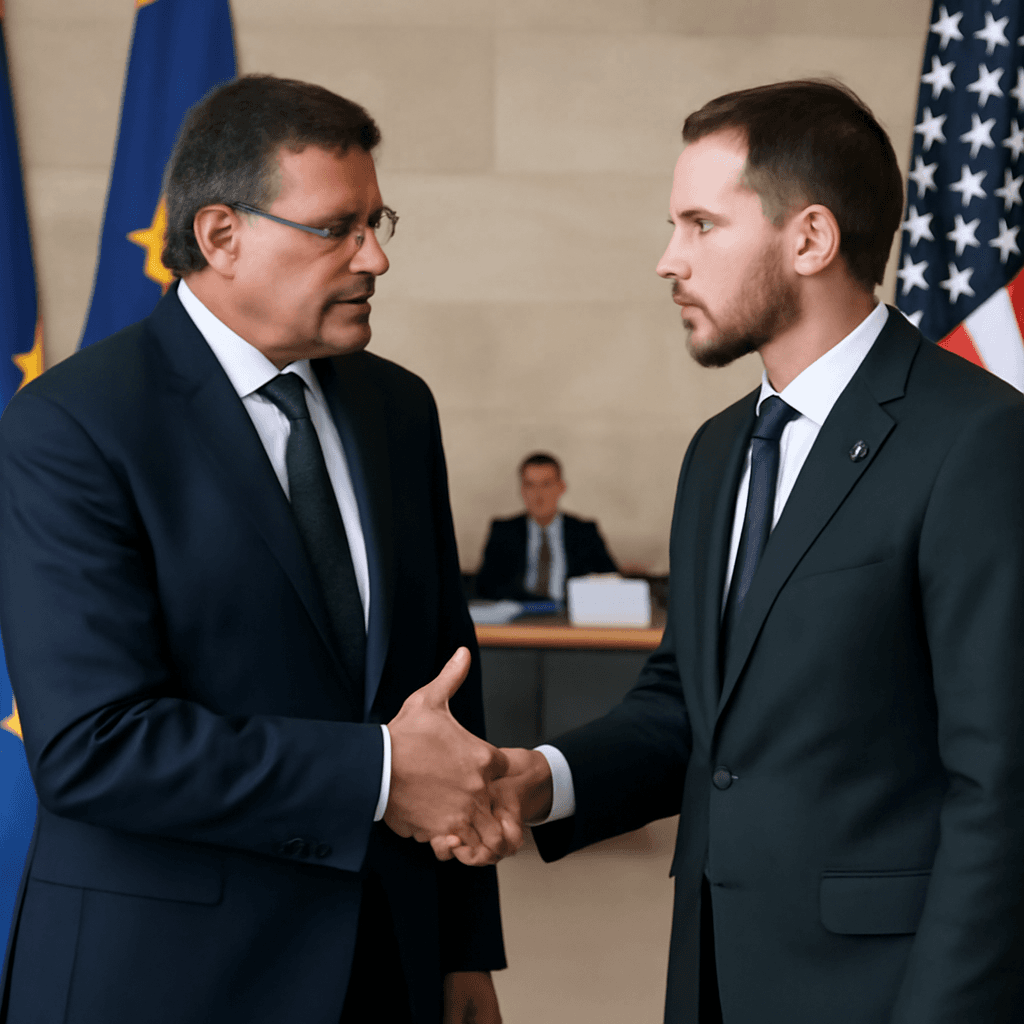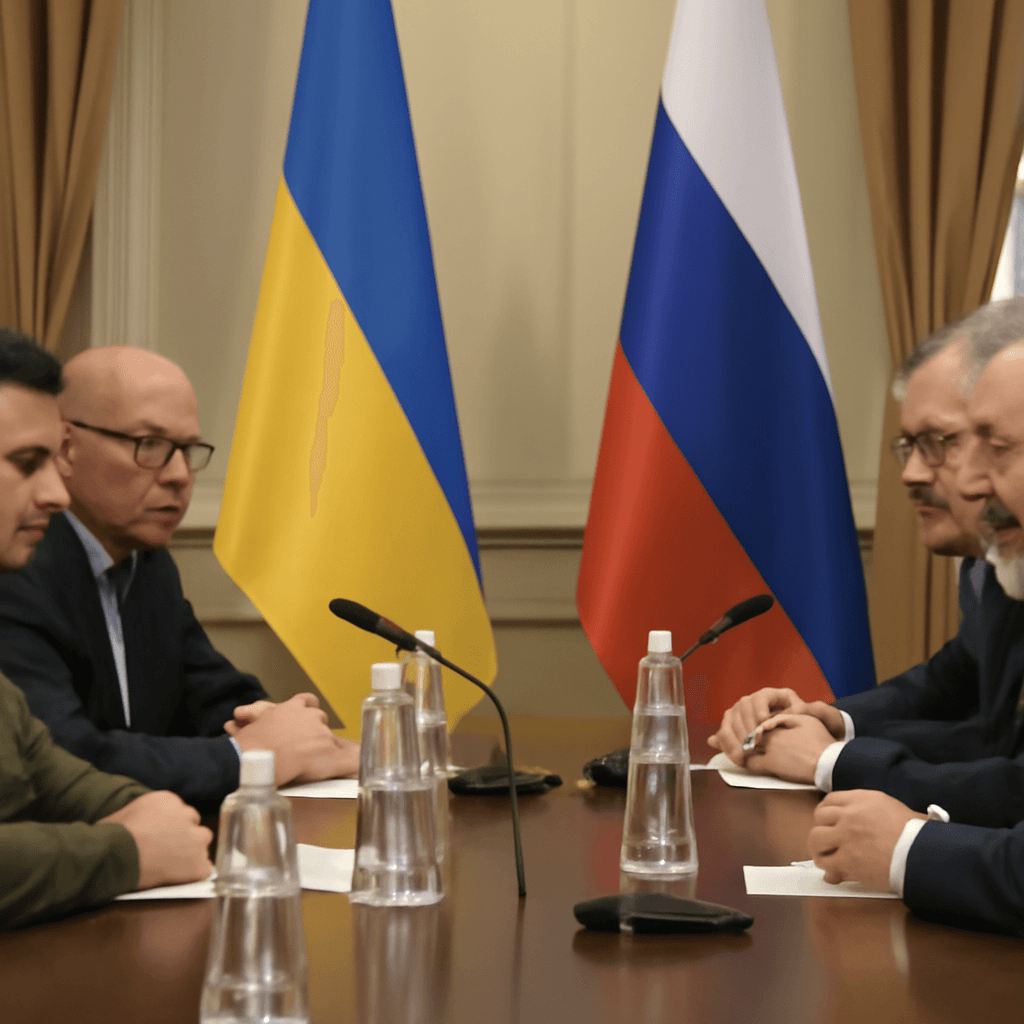High-Level Meeting in Cairo Addresses Iran's Nuclear Program
Representatives from the United Nations, Iran, and Egypt met in Cairo to deliberate over escalating concerns regarding Iran’s nuclear activities. The meeting followed a recent report from the International Atomic Energy Agency (IAEA), revealing that Iran has increased its stockpile of uranium enriched to near weapons-grade levels.
Key Participants and Objectives
Iranian Foreign Minister Abbas Araghchi engaged in discussions with Egyptian President Abdel Fattah el-Sissi and Egyptian Foreign Minister Badr Abdelatty. The talks aimed to facilitate a diplomatic path forward amid rising tensions about Iran's nuclear advancements. Additionally, IAEA Director-General Rafael Mariano Grossi was involved in addressing ongoing monitoring and verification efforts.
IAEA Report Highlights Concerns
The confidential IAEA report emphasized that Iran is currently the sole non-nuclear-weapon state producing uranium enriched to near weapons-grade levels, marking a significant escalation and raising serious international concerns.
Key findings include:
- Iran’s stockpile of uranium enriched up to 60% reached approximately 408.6 kilograms (900.8 pounds) as of May 17.
- This represents nearly a 50% increase compared to previous reports.
Grossi underscored that transparent communication and cooperation could incentivize a peaceful, diplomatic resolution to the nuclear issue.
Iran's Response and Political Context
Iranian officials criticized the IAEA report, asserting it was politically motivated. Mohammad Eslami, head of Iran’s Atomic Energy Organization, suggested the report serves the political ambitions of IAEA leadership rather than reflecting purely technical considerations.
Furthermore, Iran's deputy foreign minister emphasized the country's extensive cooperation with the IAEA, noting that 493 out of 682 inspections across 32 states were conducted in Iran alone. Iran maintains its stance that it is not pursuing nuclear weapons and possesses no undeclared nuclear activities.
Ongoing US-Iran Negotiations
Omani Foreign Minister Badr al-Busaidi, mediating negotiations between the United States and Iran, recently presented a new US proposal to Tehran. Discussions aim to limit Iran's nuclear program in exchange for easing economic sanctions imposed by the US over nearly five decades.
While some progress has been reported in the latest round of talks, officials acknowledge that key issues remain unresolved. Iran is currently reviewing the US proposal and preparing its response.
Outlook
The high-profile meeting in Cairo represents a crucial effort by regional and international actors to address one of the most pressing security challenges of the region. Balancing technical oversight by agencies like the IAEA with geopolitical sensitivities remains central to advancing dialogue toward nuclear non-proliferation and regional stability.

